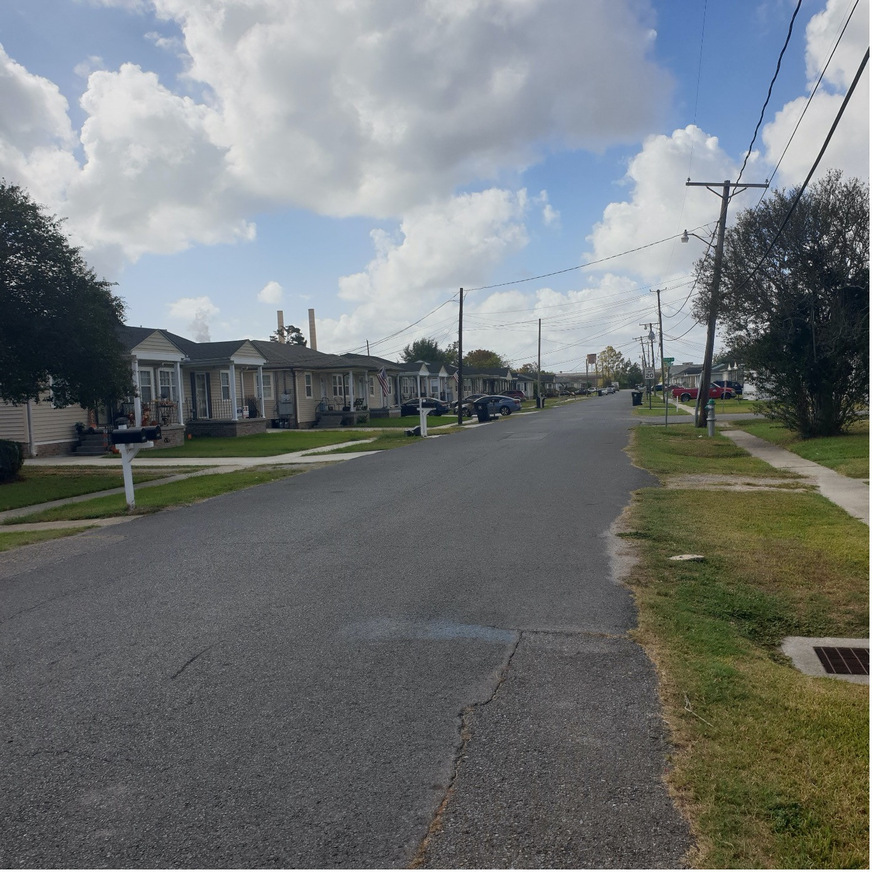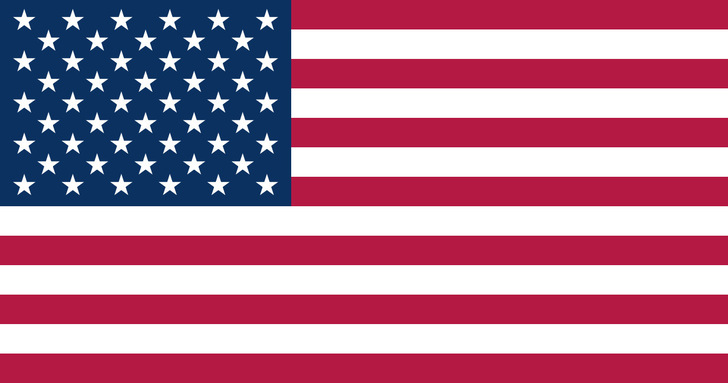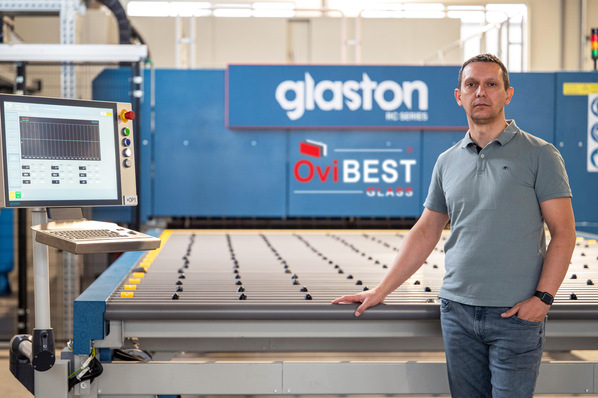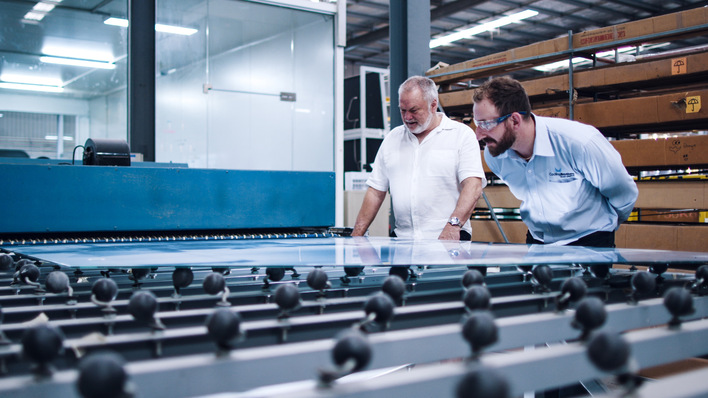Even though heat-insulating elements (both walls and windows) are in short supply in the US, it is by no means the case that people are unaware of the issue. For several years now, several US states have introduced stricter requirements with regard to the permitted U-values.
However, the practical reality often differs from the aspirations on paper. Many influencers also address the topic time and again. The youtuber Matt Ferrell, for example, repeatedly addresses the topic in the videos on his channel. Last but not least, the discussion has also been reignited in the US due to a recent rise in energy prices there, even if these are still moderate compared to Europe.
In the Washington D.C. area I meet Jeff and talk to him about German windows, among other things. Jeff is a project manager in a window company with 30 staff and he clearly sees opportunities for high-quality windows from Germany. "An increasing number of government officials in Washington and their staff are making lots of money and demanding high-quality windows. I love your tilt and turn windows [the standard in Germany and most of Europe; not very common in the US], but here in the US you simply need a big house with a correspondingly big wallet." He estimates that he would be able to sell it to one in ten of his customers. "Made in Germany is awesome, my next car is going to be a BMW," he jokes as we say goodbye.
My landlord in New York also tells me that he thinks German products are great - after all, he has Miele appliances in his house. Here, the Made in Germany label is generally regarded as representing high quality.

Markus Brunner
See also: What is the cost situation in the German window industry?
In Nashville, Tennessee, I treat myself to a steak in a restaurant where the stereo blares loud country music. At the next table, I get talking to a man sporting a cowboy hat.
Dressed far too smartly for a joint like this, his name is Moe and he is a project developer or property investor, as he describes himself. He has made a lot of money from property speculation and a small chain of corner shops around Nashville.
"I am living the American dream," he says, not without pride. He tells me about the housing market in Nashville, which is still one of the few that is not completely overheated: "Normal earners can still afford a decent house for their family here. That's why the city continues to grow. Along the coasts and in the hotspots, that's no longer possible anywhere. You can only be successful in the high-price segment. I show him a picture of the tilt-and-turn windows from Germany.
"That looks really great! For a premium project, I'd take the wood-aluminium windows straight away. Windows Made in Germany would be great for marketing, I'm sure!"
The enthusiasm for tilt and turn technology comes from the fact that it is simply very rare in everyday life in the US. There are also some videos that make fun of it.
Could window technology Made in Germany perhaps be the key to success in the US market? Come back next Monday and find out more about this in the third and final part of this series.















